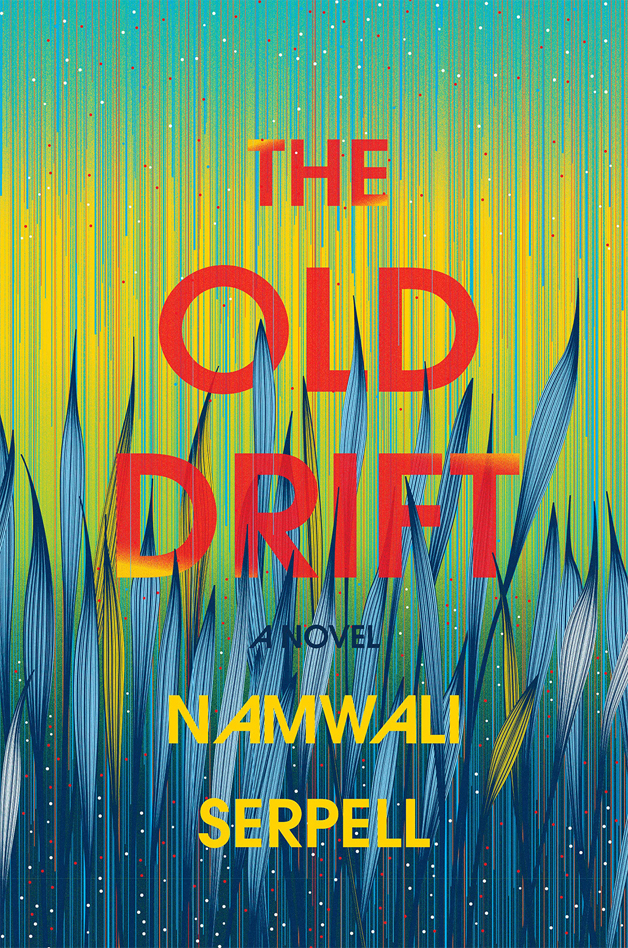 From Namwanli Serpell's novel emerges a Zambia that is vibrant, energetic and full of life. But it is certainly not a paradise.
From Namwanli Serpell's novel emerges a Zambia that is vibrant, energetic and full of life. But it is certainly not a paradise.
The first time I came across the name Namwali Serpell was five years ago when I was reading the book “Africa 39, new writing from Africa south of the Sahara”. This collection of short stories, extracts from novels and other writings, promised and in fact turned out to be a selection “of some of the most varied and exciting new work in world literature today, by writers who are certainly going to be among the most celebrated of our time”. Contributors were Chimamanda Ngozi Adichie, Taiye Selasi and Dinaw Mengestu, to name just three authors who have indeed and rightly so become world-famous.
There is no doubt that by writing her very first novel, Namwali Serpell has now entered the same category of brilliant authors. Writers who, almost from the first page, take the reader by the hand and apparently effortless convince her or him to follow them to new and exciting territory. Namwali Serpell is like an orator who holds her audience spell-bound with a voice that you do not want to stop, a voice you want to hear forever. And it is a long story she tells, starting in the late 19th century, spanning the whole of the 20th and moving into the first quarter of the 21st century, as far as 2024. Past, present and future, it’s all there and still you want more. As one of the reviewers stated on the back cover of the book: “My only regret is that once begun, I reached the end all too soon”. That is given the fact that the edition of the book I was reading has nearly 570 pages.
Set mostly in Zambia, The Old Drift relates the life story of three families whose histories become thoroughly and often surprisingly entwined. Through work, love and (sometimes) marriage, politics, economics, health and sickness the members of the three families become connected, as is illustrated by the concise family trees at the beginning of the book. With ancestors like Percy M. Clark, originally from England, the Tonga man N’gulube from Zambia (both of them historical figures by the way) and Giovanna from Italy, the story revolves around the lives of three grandmothers, three mothers and finally three children. Along the way many more people join in from the countries already mentioned but also from Rhodesia (now Zimbabwe), America and India. As Namwali Serpell put it in a radio interview last year: “So this interaction between these three men ends up setting off a kind of chain of relation between their three families that slowly whirls and swirls down, like a vortex, until we reach the final descendants, which is a love triangle of three people and – who are also trying to start a political revolution in a future Zambia – in Zambia of the 2020s”.
The Old Drift, an existing place from which the novel takes its title, was the name of a colonial settlement on the banks of the mighty Zambezi river, not far from the majestic Victoria Falls which are locally known as the Mosi-oa-Tunya or The Smoke That Thunders. Apart from the historical figures of Percy M. Clark, Mr. N’gulube and many others such as Edward Nkoloso, founder of the Zambia National Academy of Science, Space Research and Philosophy, there are many more references to well-known and lesser-known facts from Zambia’s history. The construction of the Kariba Dam for instance is a well-known fact which forms an important story line and so is the spreading of HIV (simply called “The Virus” in the book). Perhaps less known is the settlement of Stuart Gore-Browne (nicknamed chitembele or ‘rhinoceros’ by the local Bemba people) at Shiwa Ngandu; the estate he established there still exists. All these facts easily blend in with the many fictions that Serpell has added herself, thus forming a very convincing mixture of facts and fiction.
The fiction also stretches out into the world of science by describing the development and use of tiny drones and the rapid spread of the Bead, a new and revolutionary communication tool implanted in people’s fingertips. This adds even one more qualification to this extraordinary debut novel: historical, romantic, political, family saga and science-fiction.
The Zambia that emerges from the book is vibrant, energetic and full of remarkable life but it certainly isn’t paradise. Towards the end of the book Kalingalinga, the high-density settlement in the heart of the capital Lusaka, becomes the main scene of action. While many qualifications can be attributed to this area, ‘paradise’ isn’t one of them. Yet it is this very part of the city that forms the start of something new. After SOTP, after the Flood. Go and read for yourself what this is about.
The Old Drift is the winner of the Arthur C Clarke 2020 Award.

